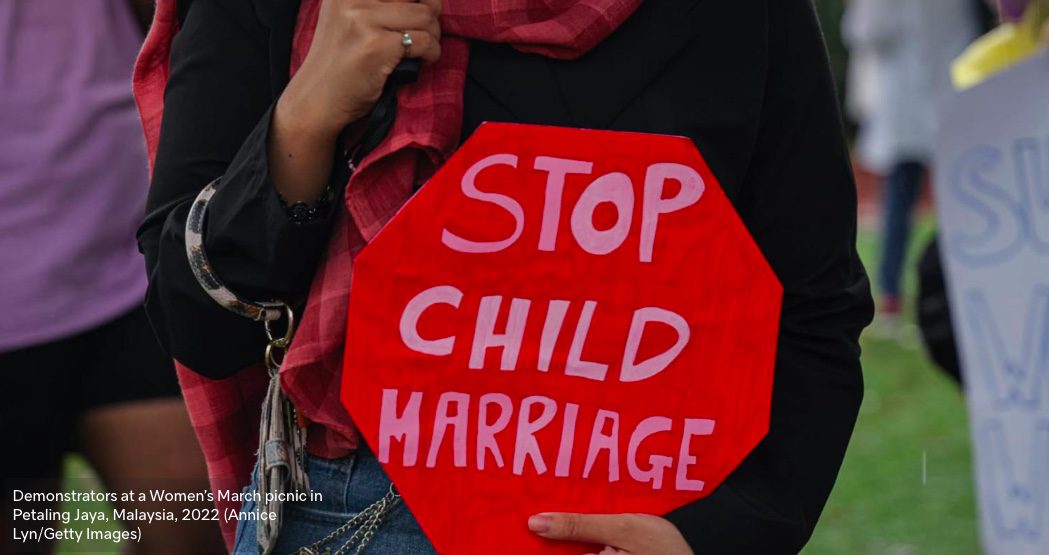
Child marriage in Southeast Asia: When a harmful practice becomes an international crime
Child marriage is a global problem that cuts across countries, cultures, and religions – and the ASEAN region is no exception. Child marriage is considered a form of forced marriage as children cannot consent. Girls are the primary, but not exclusive, target and the numbers are high. For example, 11% of women in Vietnam (majority being ethnic Mong women), 33% of Laos females and an estimated 1.2 million females aged 20 to 24 in Indonesia, marry before the age of 18. Meanwhile, Thailand is one of 20 countries with laws that protect men from criminal prosecution for rape if they marry their victim.
And while not every child marriage involves trafficking in persons, there is an important overlap. Studies suggest that certain features of a marriage arrangement can heighten the risk of children being trafficked for the purpose of forced marriage or being trafficked within a forced marriage: payment of a bride price and other dowry practices can lead to women and girls being treated as commodities; sham or fraudulent marriage practices used to facilitate irregular migration can lead to exploitation of the child, including trafficking, and girls brought to other countries through marriage often become isolated and dependent on their spouse, increasing the risk of abuse and exploitation, including trafficking.
